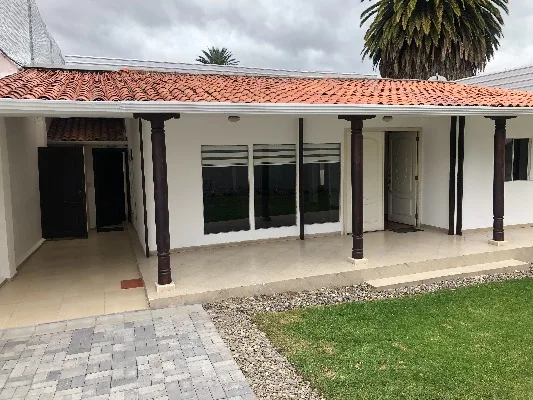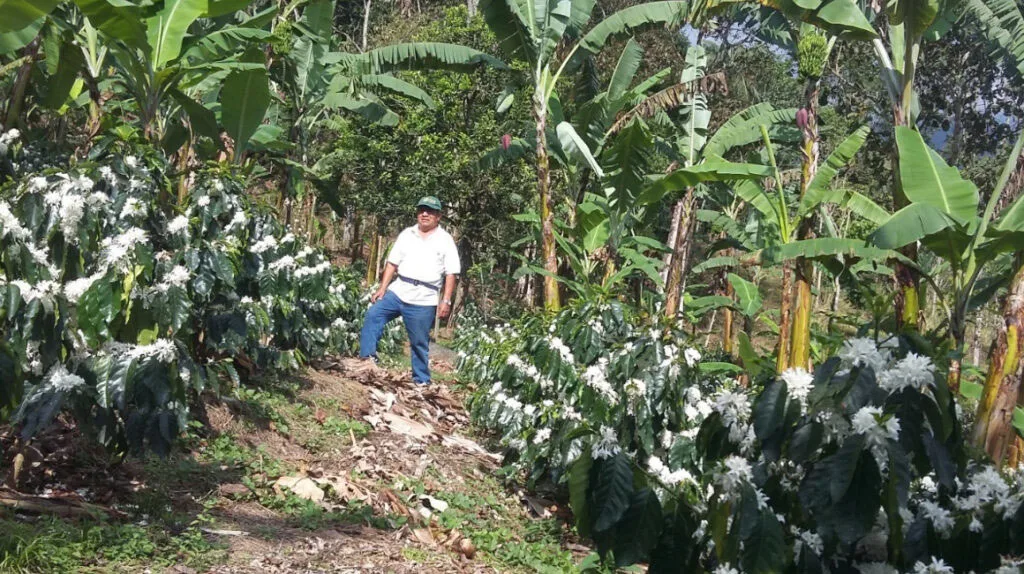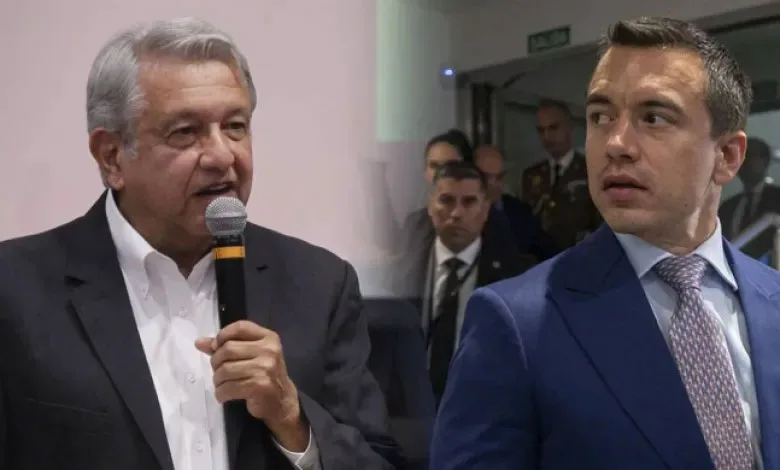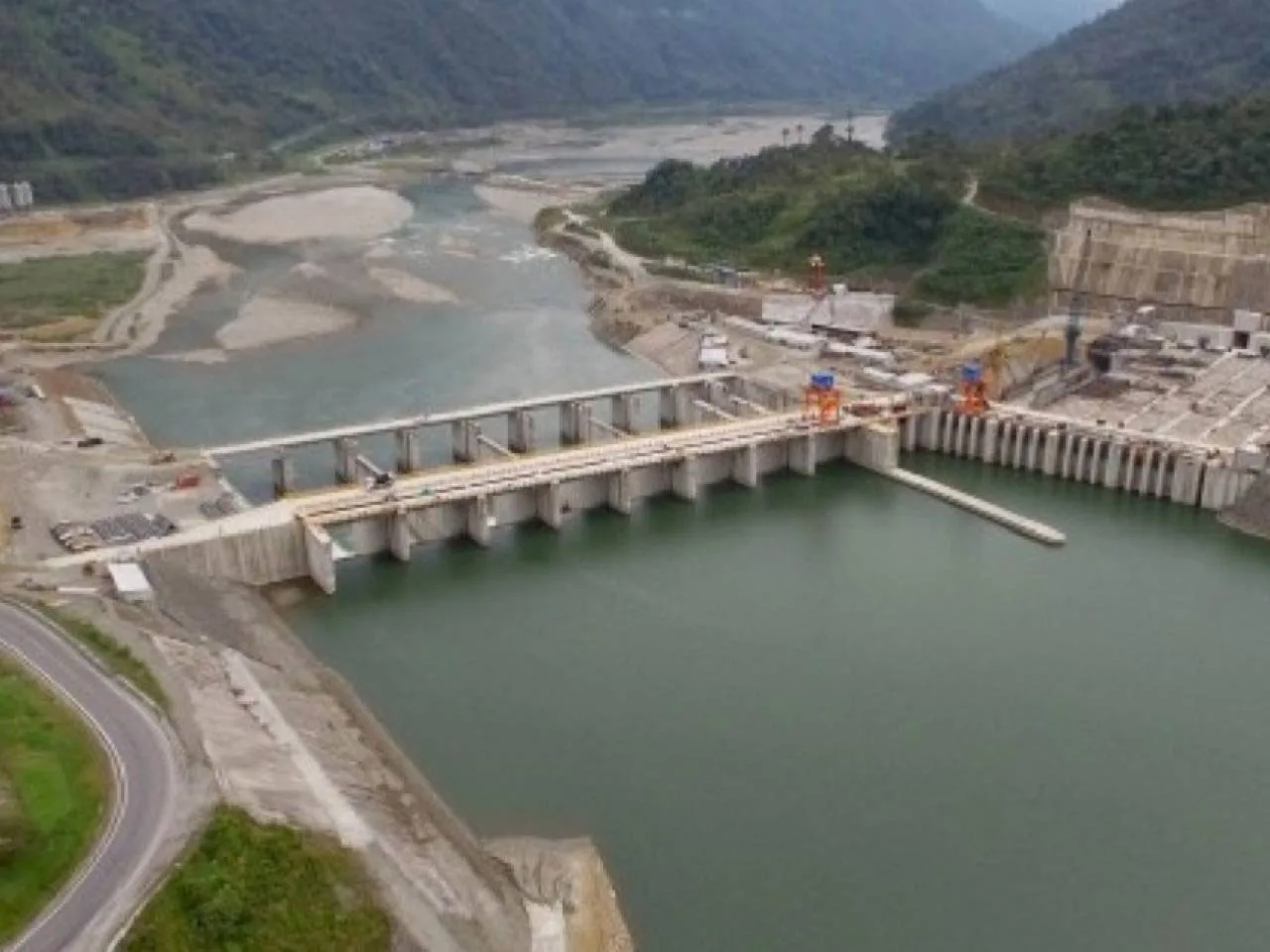Faced with surging inflation and high debt, Colombia plans to reduce fuel subsidies
By Oscar Medina
Colombia needs to carefully reduce fuel subsidies in order to lower the fiscal deficit without exacerbating its inflation problem, according to the nation’s finance chief. Jose Antonio Ocampo,estimates that subsidies on gasoline and diesel given through state-owned oil company Ecopetrol will cost public coffers about 2.5% of gross domestic product this year and 2.1% in 2023.
“We have to do what the last government didn’t do, which is to adjust gasoline and diesel prices,” he said during an interview on Thursday. “A major concern is the effect on inflation under the current circumstances.”

Jose Antonio Ocampo
He conceded that raising fuel prices will increase inflation temorarily before taking effect and serving as a curb.
The Andean nation has some of the cheapest fuel in the region, only behind Venezuela and Bolivia, as the government has used subsidies to prevent domestic prices from rising in line with international crude costs. Ocampo took the reigns of the Colombian economy last month, as President Gustavo Petro assumed office.
Neighboring Ecuador, recently endured two weeks of national protests over the issue of fuel subsidies.
There’s still no decision on when fuel price hikes will start, the minister said, adding that diesel and gasoline will be treated differently as the former has a broader impact on production costs.
Rising fuel prices have become an extremely sensitive issue for governments across the world in the aftermath of the pandemic and Russia’s invasion of Ukraine. In Latin America, it’s caused social unrest and political instability in several countries, including neighboring Ecuador, Panama and Peru.
Colombia’s annual inflation stands at a 23-year high of 10.84% as food prices surged almost 26% in August from a year earlier and demand rebounded from the pandemic.
Ocampo said food costs account for a large part of current inflation, which may have already peaked. “Although I can say there is a little excess demand in Colombia, the root problem is supply,” he said.
The government will implement a plan to mitigate the impact of inflation on the poor, Ocampo said, adding that electricity prices may even fall. Earlier this week, Petro urged power sector authorities to explain why electricity costs have risen more than double the inflation rate.
The minister said policy makers should consider the risks of capital outflows and can’t ignore how other central banks, including the US Federal Reserve and the European Central Bank, are increasing borrowing costs.
President Petro’s administration seeks to boost government revenue by 25 trillion pesos ($5.7 billion) in 2023, or 1.7% of GDP, through higher taxes on the rich and increased levies on dividends, gas, and oil companies.
Lawmakers have put pressure on the government to change its dividend and capital gain tax proposals, which would significantly impact proposed tax revenue, Ocampo said, adding that next week he’ll present changes to his initial plan.
Colombia had one of the lowest tax revenues among members of the Organisation for Economic Co-operation and Development, with around 19% of GDP in 2020 compared with an average of about 34% for its peers.
Congressional economic committees could vote on the tax reform during the last week of September. The government proposed an increase of about $2.5 billion to its 2023 budget proposal, and more needs to be raised if social spending increases.
Ocampo said that Colombia’s 2023 budget deficit is now forecast at 4% of GDP from a previous estimate of 3.6%, without including fuel subsidies, and compared with 5.6% this year, as the economy will grow below its long-term trend. The government estimates the economy will grow 7.7% this year and 1.8% in 2023.
The nation is unlikely to post a primary fiscal surplus next year as the previous government targeted, Ocampo said, adding that the fiscal adjustment may be more gradual over the following years.
“We are going to see if we have to slightly change the speed” of the adjustment, Ocampo said, describing the current fiscal rule as very strict. “But that we are going to comply with it.”
The government can complete its 2022 external financing plan exclusively with multilateral borrowing and financing from developed nation’s agencies, including from China.
“This year there has been no bond sales, and with the current conditions there will not be,” he said.
__________________
Credit: Bloomberg
















